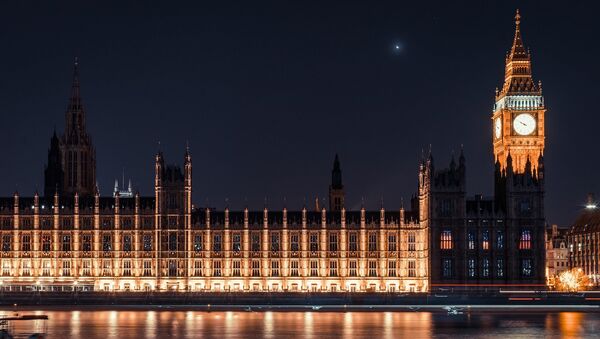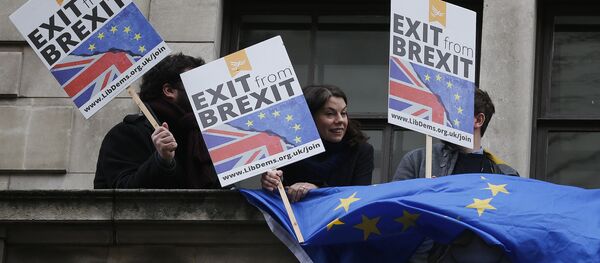If Prime Minister Theresa May's Brexit deal is voted down, the Labour Party plans to push for a national election and also possibly another referendum, Labour shadow Brexit secretary Keir Starmer said.
"At the moment the prime minister is a long way from home. If the deal goes down then we'll call for a general election. If that doesn't happen then all options must remain on the table and that includes the option of a public vote," Starmer said when asked if Labour would vote down May's deal.
PM May's Possible Brexit Deal Won't Pass in Parliament
We should put the final say on Brexit in the hands of the British people, Former UK education minister Justine Greening told BBC.
"I think it's the worst of all worlds. It leaves us with less influence, less controls over the rules we have to follow and… less credibility as a country in the rest of the world as they would see that we would be prepared to go for a bad deal and we shouldn't have to do that," Greening said.
According to Greening, the UK should have a referendum with three choices: May's current deal, leave on WTO rules (a so-called 'no deal' Brexit) or remain in the EU.
Is there any chance at all that the Chequers plan will get through parliament, Justine Greening asked on Today.
— Peter Walker (@peterwalker99) 12 ноября 2018 г.
"No, I don't think so," she says, with weary resignation.
She predicts MPs will also vote against a no deal Brexit, and "find a way through" for 2nd referendum.
Former UK foreign secretary Boris Johnson has commented on the possibility of the country remaining in the customs union after Brexit, saying that the UK government was ready to "surrender" in its talks with Brussels and to agree to become a de facto "punk" of the bloc.
READ MORE: UK PM Cancels Monday's Emergency Govt Meeting on Brexit Deal — Reports
Meanwhile, the Labour Party vowed to mobilize all the political parties to prevent May's government from withdrawing the country from the European Union without a deal.
The Brexit talks between London and Brussels have been ongoing since June 2017 with the issue of the Irish border being the major cornerstone in the negotiations.
The United Kingdom has previously refused to accept the European Union's proposal to check goods leaving the UK mainland at a border in the Irish Sea. London rejected the idea because it envisaged a different constitutional and territorial status for Northern Ireland. London has repeatedly voiced its concerns that intensified control at the border could provoke tensions.



